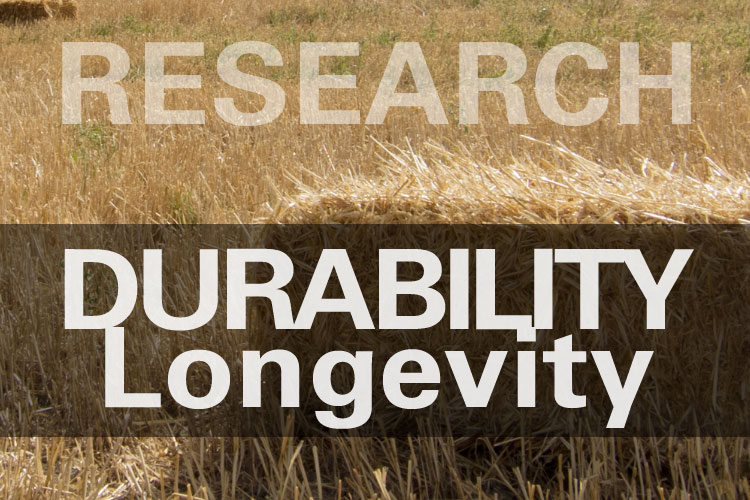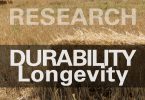Nowadays, insulating building materials are developed from the valorization of agro-resources. They show high ecological and hygrothermal performance. Before making them available on the market, there is a need to classify them according to their decay resistance. This paper aims to propose a test method that qualifies bio-based composites with respect to their performance. An accelerated aging test was carried out on 5 composites made with two different agro-resources (hemp and rape) and with different binders. It consists of exposing the specimens to (30 °C; 90% RH) for three months. During the test, the specimens are regularly weighed and photographed. The sample mass and the percentage of surfaces contaminated by fungi are measured during the test. Finally, a microscopic view allows identifying the species of the developed molds.
Authors:
- Viel, Marie
- ColletFlorence
- LecieuxYann
- François, Marc Louis Maurice
- Colson, Valentin
- Lanos, Christophe
- Hussain, Atif
- Lawrence, Mike
Link: http://www.sciencedirect.com/science/article/pii/S1359836818312873


